The views expressed in our content reflect individual perspectives and do not represent the authoritative views of the Baha'i Faith.
The afternoon was practically windless, a rare thing in southeastern Wyoming. My wife and I sat together on the porch swing in our small front yard, basking in the first real warmth of summer.
Summer always arrives late here, more than 7,200 feet above sea level. I noticed a yellow jacket buzzing around some cracks in the concrete of our front steps, and calmly noted that “If they decide to nest there, it could be a problem.”
We were waiting and watching for her mother’s minivan to round the corner at the end of our block. Riding with her were our two daughters. The younger one, a teen, had gone to stay with her big sister, who lives and works as a nurse in another town toward the middle of the state. She had requested her little sister’s assistance with her baby — our newest granddaughter — because her husband had been called away to work in yet another corner of Wyoming’s immense vastness.
My muscles were a little sore; earlier that day I’d been in the nearby Snowy Range Mountains — wielding chainsaws I’ve named after my granddaughters with a zeal probably best reserved for younger men — cutting standing dead timber for firewood. I had just finished dropping two large trees that had perished from pine beetle infestations when a sudden, violent storm sent me scrambling back for the low country sooner than I’d planned. But I was safe and none the worse for wear. I was confident nobody else would find those trees before I could get back up to finish with them the next morning. Indeed, I felt deeply content, sitting next to the woman I love and waiting patiently for four of the other most important people in my life. I realized that I felt, as the Baha’i teachings put it, happy and joyous:
“… be ye rejoiced, for ye are sheltered beneath the providence of God. Be happy and joyous because the bestowals of God are intended for you and the life of the Holy Spirit is breathing upon you.”
Later, toward sunset, I stood up in our living room and announced I was going to bicycle downtown and check out the local demonstration; part of worldwide protests sparked by the death of George Floyd, a Black man, at the hands of police in Minneapolis. To my surprise, my older daughter looked at me and said, “I’ll go.”
The ride didn’t take long. Though a “big city” by Wyoming standards, our community stretches just a few miles from one end to the other, and from our house, we had to traverse about only half that distance. By the time we reached our destination, whatever demonstration had happened was over; downtown was empty and quiet. Disappointed, we turned back home just as it was getting dark. Along the way, we engaged in our first deep, earnest conversation in quite some time. Our lives are so busy and our family so large, it’s rare for us to have time alone together; I was immensely grateful.
Why have I told you these things? Did you notice something?
I did. It’s something I haven’t noticed for most of my life. Until events finally reached a critical mass, it has now made it impossible not to notice.
At no point during the course of that recent day which I remember so fondly did it ever cross my mind that I could be regarded with suspicion, stopped, questioned, treated as if I didn’t “belong” anywhere I had been, or shouldn’t have been doing anything I did — and, quite possibly, much worse. How others might regard me and react to me, simply because of my skin tone, wasn’t something I had to consider, worry over, or plan my movements and possible interactions around. Moreover, I don’t ever have to fearfully sit up or lay awake at night. Throughout the day, I don’t carry an abiding dread over what could very well happen to any of our five children because of that same characteristic.
Because I’m white.
Here’s just one example. The second of my three sons is 25. So is my son-in-law, who I love as one of my own. Another 25-year-old American man, Ahmaud Arbery, while out for a run in Georgia, was chased, boxed in by three men in two pickup trucks, and then murdered.
Because he was Black.
If you’re white and reading this, I do want you to notice that. I want you to fully realize and absorb it. I want you to ponder — long and hard — the following simple, brutal fact:
I never have to think about being white. Black people can’t afford to ever not have to think about being Black.
That’s not just wrong. It’s unjust. It’s unacceptable, atrocious. It’s an affront to humanity, our supposed American ideals of fairness and equality, and to the God Who created us all.
It’s evil.
White people often recoil from terms such as “systemic racism” and “white privilege,” as if we have something to lose. We don’t. For us, there is nothing to lose. There is only something to expand — the circle of compassion, peace, justice, and tranquility. That circle can, no, must expand — until what is now “privilege” for people like me is simply normal. For everyone. That circle must expand, until everyone can have days like the peaceful, contented day I had. Everywhere. Every day.
As Baha’u’llah, the prophet and founder of my chosen religious path, the Baha’i Faith, wrote:
“Lay not on any soul a load which ye would not wish to be laid upon you, and desire not for anyone the things ye would not desire for yourselves. This is My best counsel unto you, did ye but observe it.”
That is what I want. It is what we must, as white people, desire.


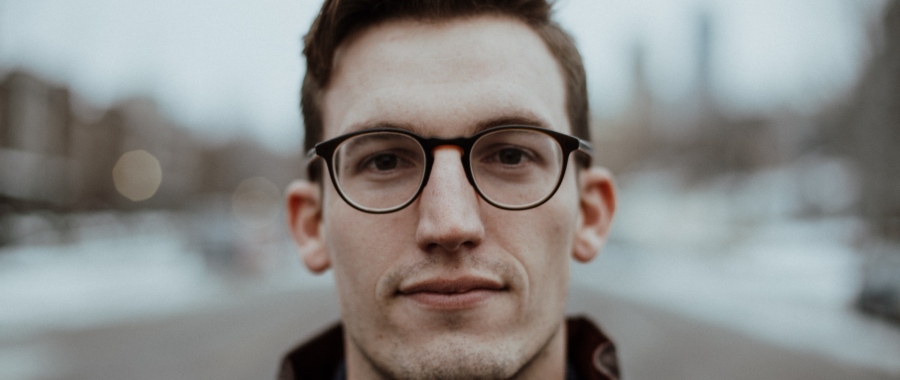
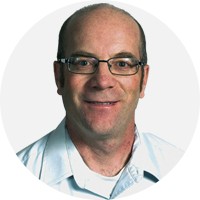
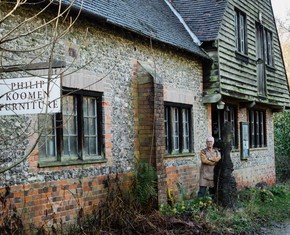
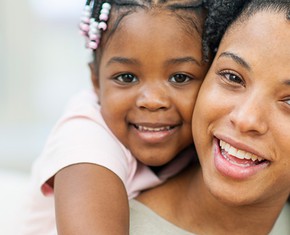
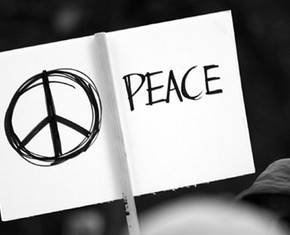









Comments
Sign in or create an account
Continue with Googleor